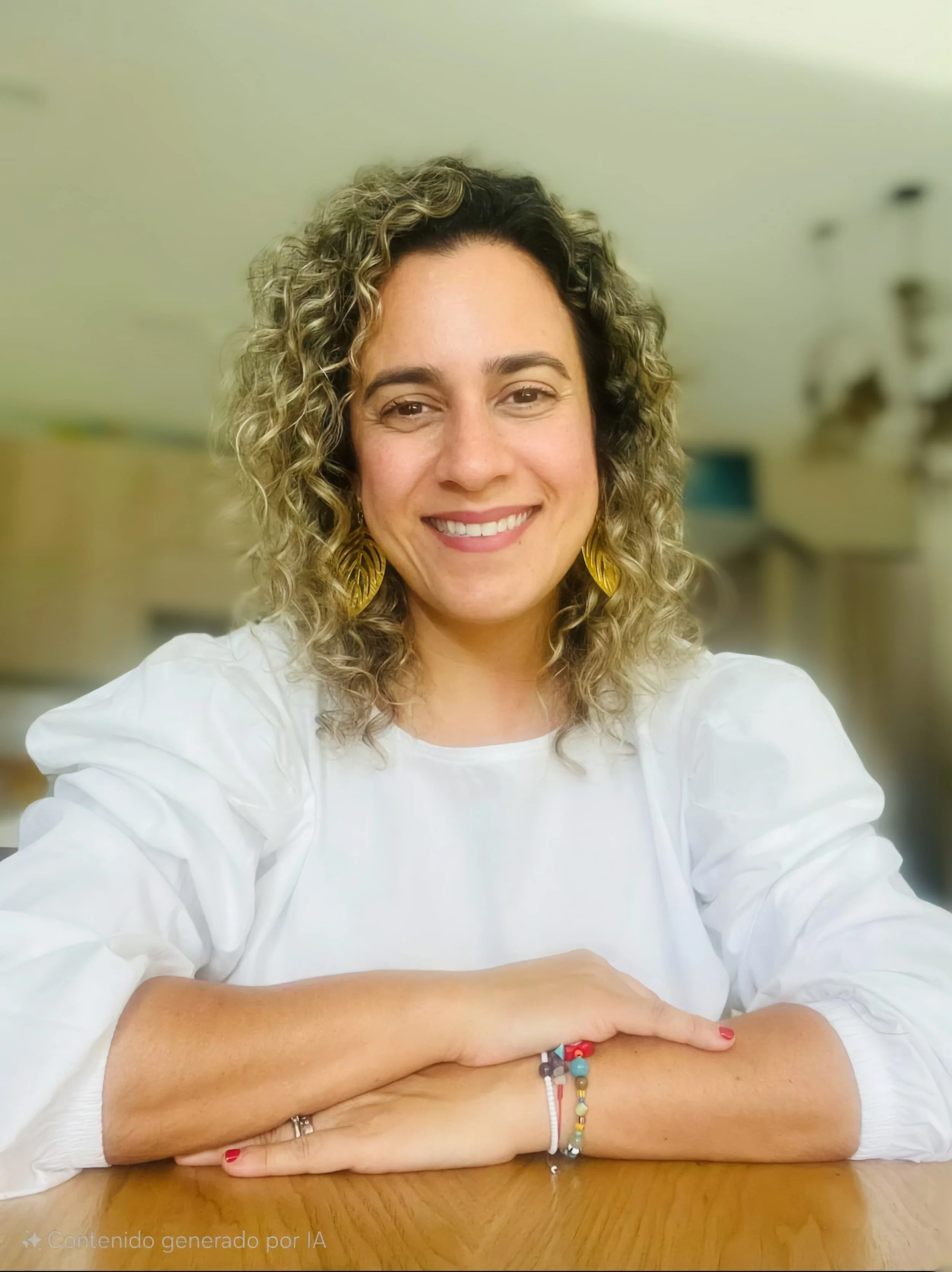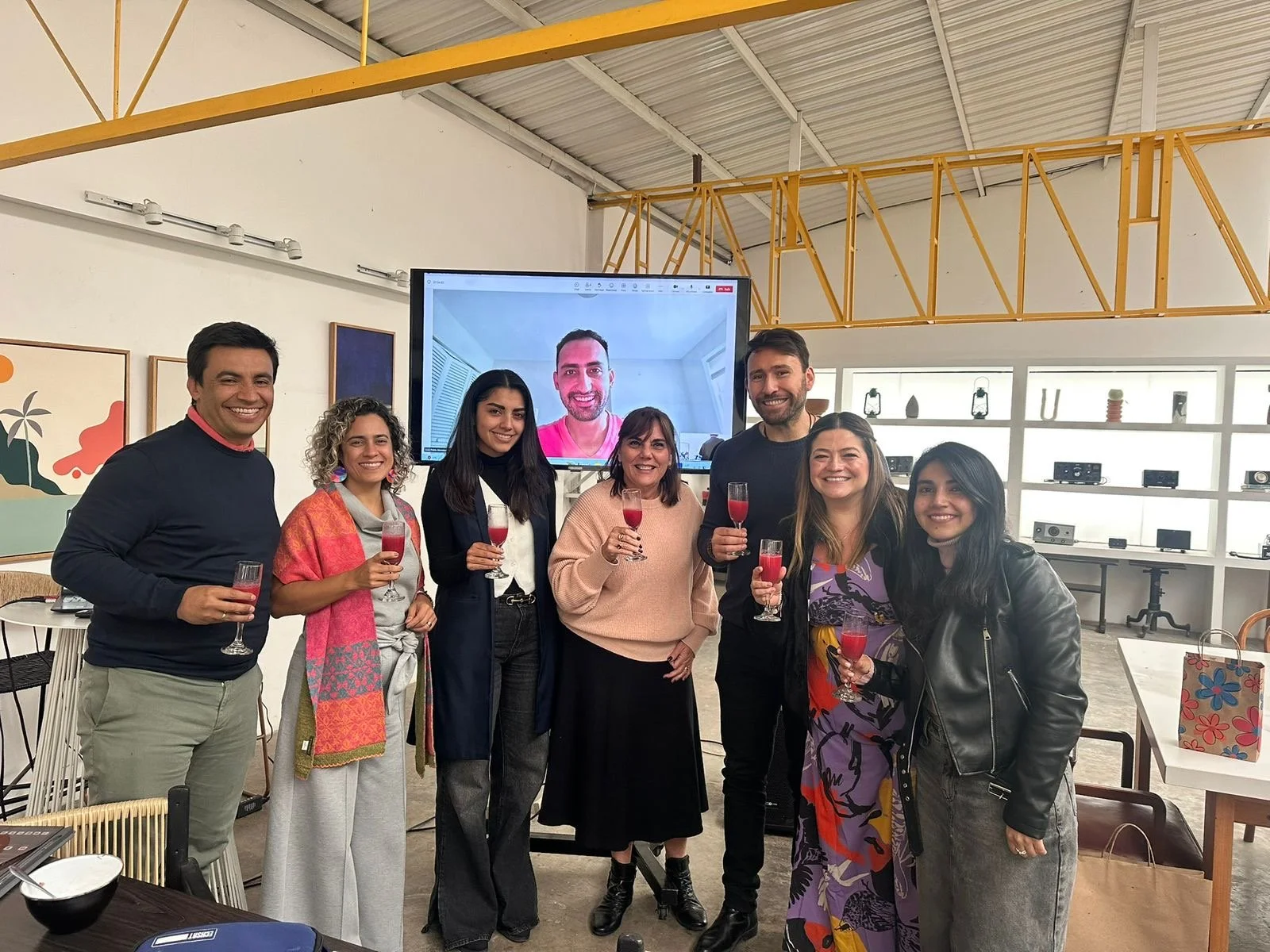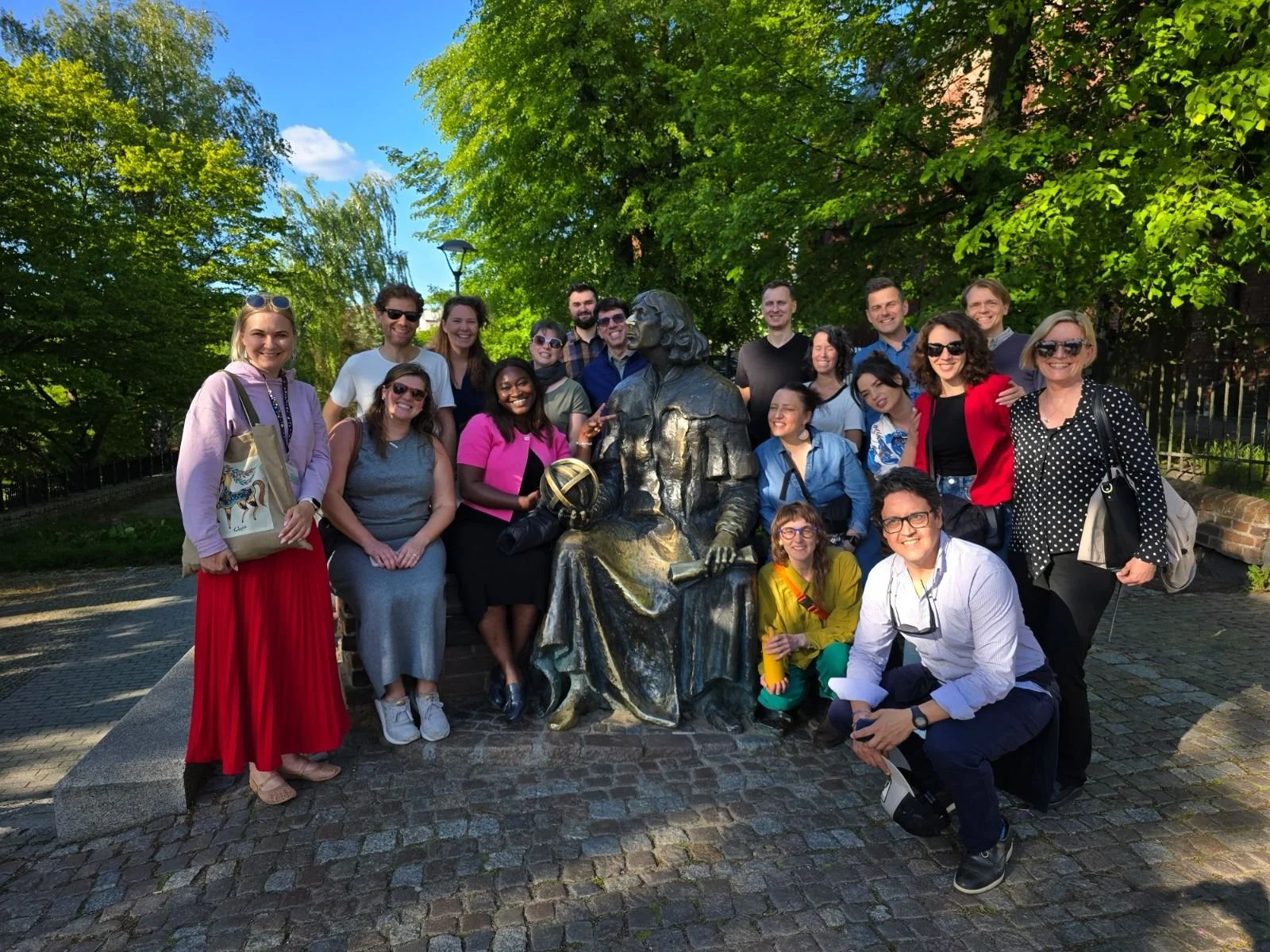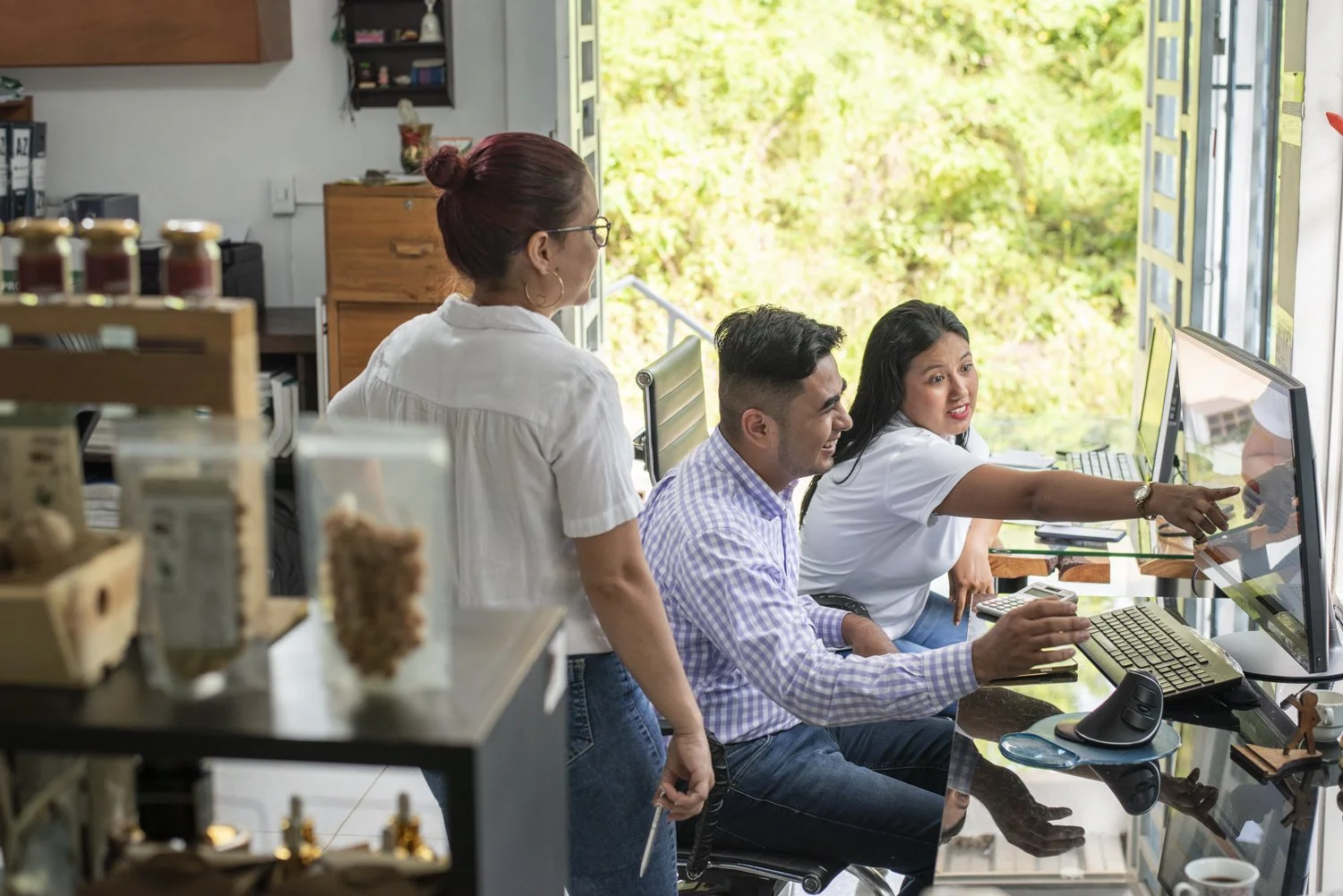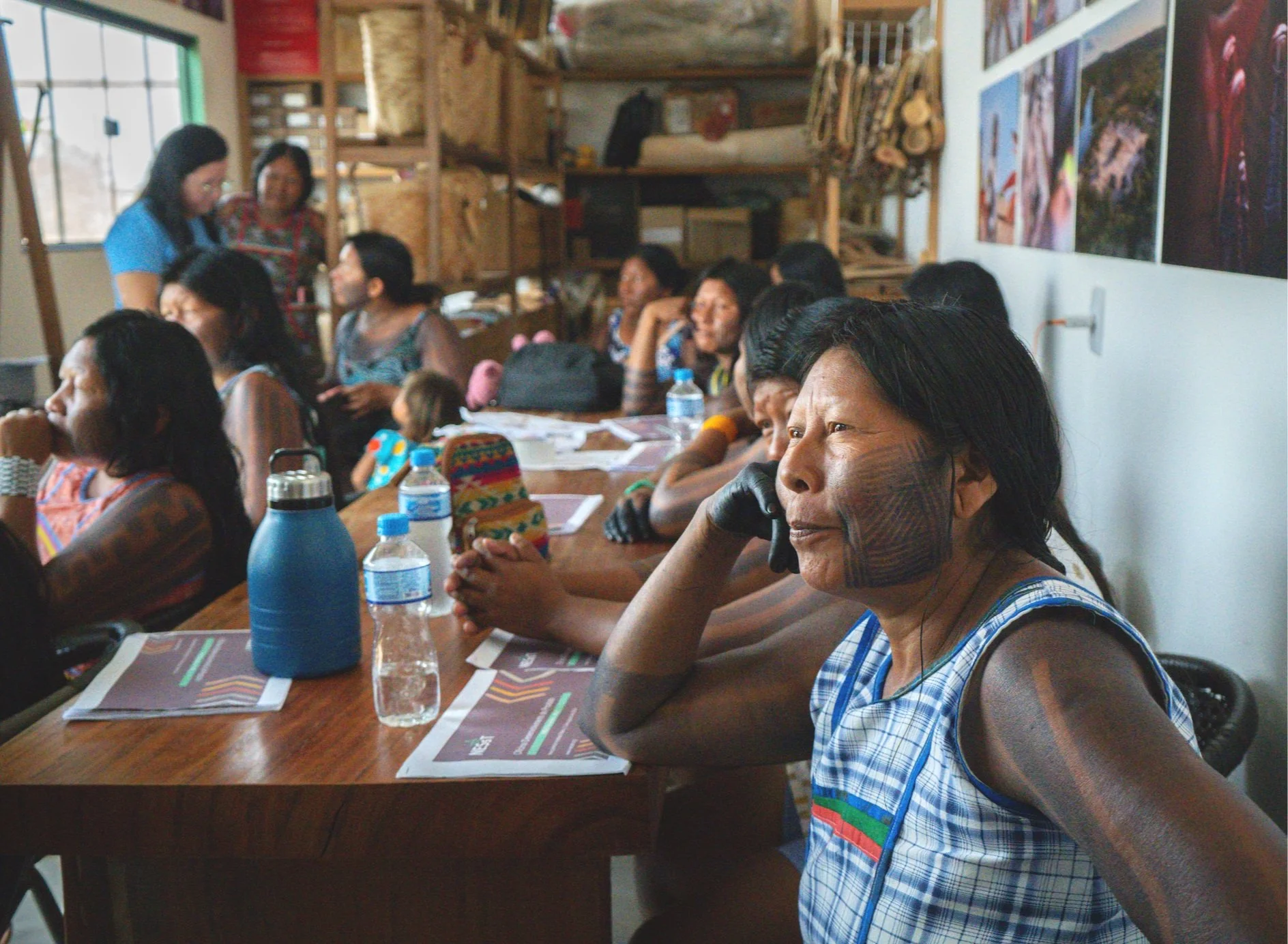In this article, Renata Truzzi, NESsT Chief Impact and Operations Officer, shares her reflections from Impact Minds 2025 by Latimpacto, weaving together her own insights with voices and stories from the event, showing how collective action, ancestral knowledge, and community-led approaches have the potential to shape the future of impact investing.
NESsT Welcomes Catalina Rodriguez Hohman as Chief Financial Officer, Expanding Leadership Team
NESsT recently expanded its executive team with the addition of Catalina Rodriguez Hohman as Chief Financial Officer. Catalina, who is based in Cali, Colombia, has over 15 years of financial experience in national and multinational companies including EY, Deloitte, Russell Bedford International, and most recently One Earth Future Foundation (OEF).
NESsT in Colombia: Over 5 Years of Impact in the Country
NESsT anuncia una alianza con Suecia para transformar la cadena de valor verde de Sudamérica
Cómo la racionalización de los criterios de solicitud de financiación y presentación de informes puede mejorar el acceso a la financiación de las iniciativas de base en la Amazonia
En este blog, hablamos con empresarios de la bioeconomía para comprender mejor los retos a los que se enfrentan al solicitar financiación de múltiples fuentes. Léelo ahora para saber cómo afectan a sus negocios los complejos criterios de solicitud y las exigencias de información, y explora recomendaciones prácticas sobre cómo la comunidad de financiación puede ayudar a garantizar un acceso más equitativo e inclusivo a la financiación.
Por qué una definición inclusiva de la bioeconomía es importante para la financiación de las empresas amazónicas
NESsT y una amplia investigación identifican que el término "bioeconomía" suele interpretarse en sentido amplio por los financiadores de la bioeconomía y los responsables políticos mundiales, alejándose a veces de una visión de gestión medioambiental. Entrevistamos a líderes y empresarios indígenas como parte de los esfuerzos en curso para profundizar en nuestra comprensión de sus perspectivas, visión y expectativas de la bioeconomía no sólo como un modelo económico, sino como una forma de vida arraigada profundamente en la tradición ancestral.
Los métodos del estudio de NESsTpara aportar perspectivas locales a los debates sobre financiación de la bioeconomía
Este blog profundiza en la metodología que subyace a la publicación de NESsT para mejorar la orientación, accesibilidad, eficacia y eficiencia de las inversiones en la bioeconomía amazónica; se centra en la firme intención de NESsTde llevar las voces locales a los debates globales sobre la financiación de la bioeconomía amazónica y explora cómo NESsT ancló la publicación en narrativas auténticas y diversos contextos amazónicos, al tiempo que adaptó el mensaje a la comunidad financiera internacional.
Voces indígenas y locales lideran el llamamiento de NESsTpara reforzar la financiación mundial de la bioeconomía amazónica
NESsT y IKEA Social Entrepreneurship dan la bienvenida a nuevas empresas para catalizar el cambio positivo en Sudamérica.
El productor de flores Cattleya se une al Fondo NESsT Lirio para mejorar los medios de subsistencia de las mujeres rurales de Cundinamarca (Colombia).
La floricultora que gestiona Cattleya da empleo a 350 personas, principalmente de las localidades rurales cercanas de Suesca y Sesquilé, proporcionándoles una fuente estable de ingresos, salarios justos, servicios de bienestar y oportunidades de desarrollo profesional. Más del 50% de la mano de obra de Cattleya son mujeres que son el principal sostén de sus familias.

